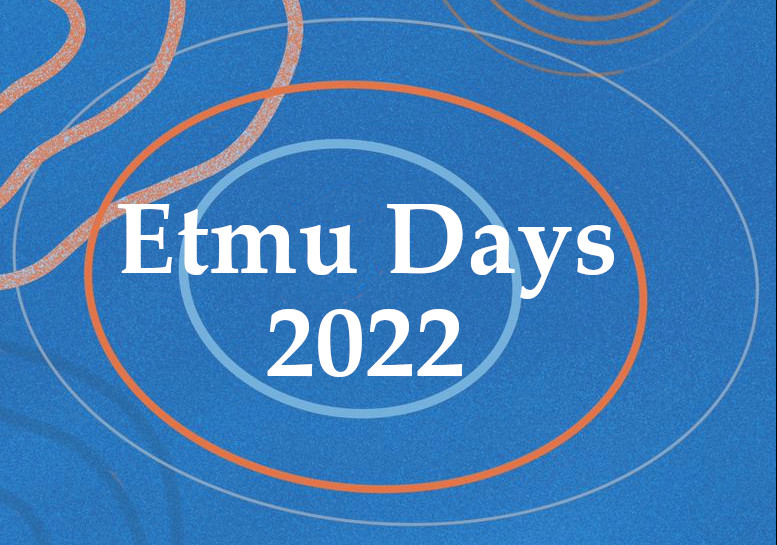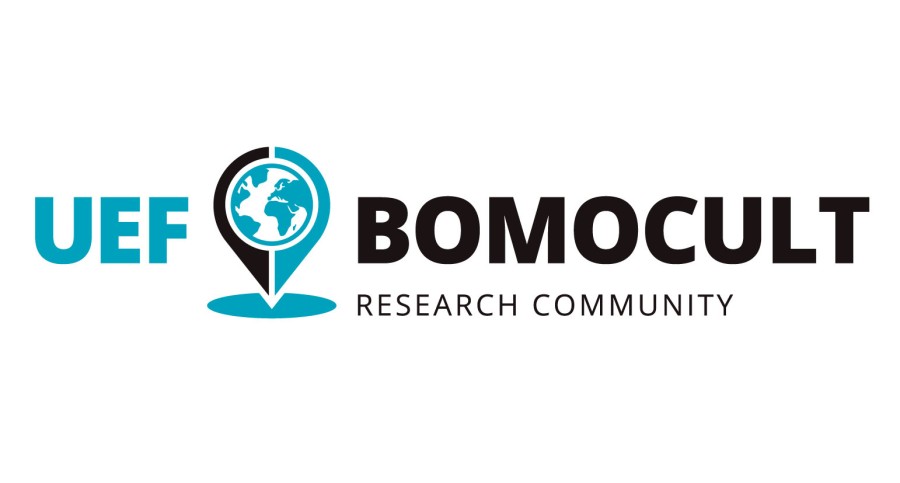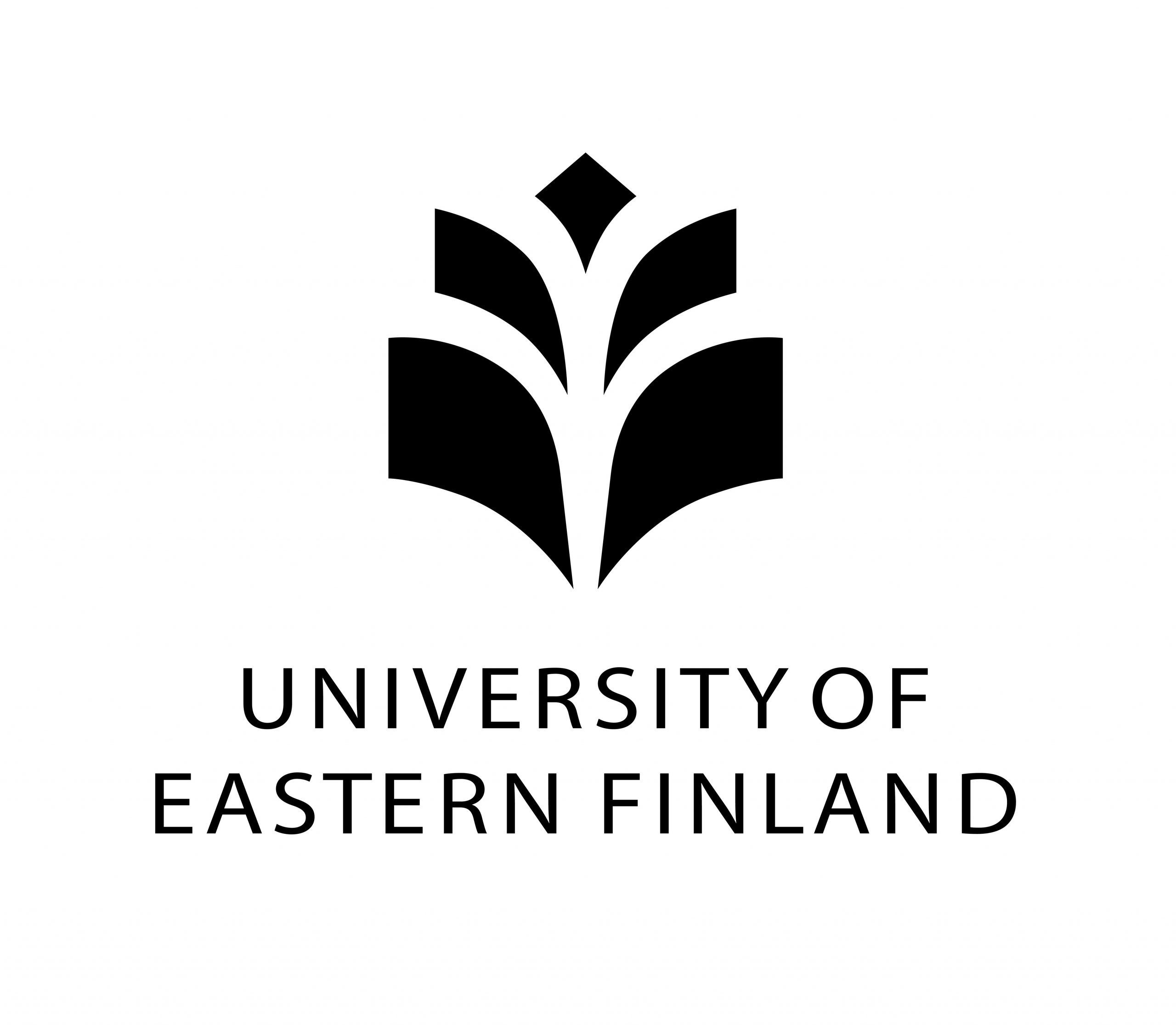KEYNOTE SPEAKERS

The conference will feature three keynote speakers, who are leading experts in the field and have relevant expertise to the conference theme. The keynote speakers are Professor Parvati Raghuram (The Open University, United Kingdom), Professor Olga Filippova (VN Karazin Kharkiv National University, Ukraine), and Associate Professor Amporn Jirattikorn (Department of Social Science and Development at Chiang Mai University, Thailand).
PARVATI RAGHURAM
Parvati Raghuram is Professor in Geography and Migration at the Open University. She has published widely on retheorising migration of international students, skilled migrants, and of care-workers. She has primarily worked on India but is also currently involved in several projects on migration within Africa. She has published widely in leading migration journals and co-authored Gender, Migration and Social Reproduction (Palgrave), The Practice of Cultural Studies (Sage), Gender and International Migration in Europe (Routledge) and co-edited South Asian Women in the Diaspora (Routledge).
Professor Parvati Raghuram | OU people profiles (open.ac.uk)
FEMINIST, POSTCOLONIAL, DECOLONIAL: ARTICULATIONS WITH MIGRATION THEORY AND PRACTICE
Decolonisation has become a buzzword across the academy, in institutions, disciplines and in research topics. Migration studies too has had some debates on decolonisation. This paper will focus on the fundamental challenges that decolonisation poses for migration studies. First, neither reflexivity nor epistemic inclusion is adequate to meeting the demands for decolonial justice. What then needs to be done to decolonise migration? Secondly, migration research can also nuance decolonisation theory, an arena that has been little explored. Finally, the relationship between postcolonial and decolonial thought and the differential demands they place on migration theory and practice have also received little attention. This paper will focus on my experiences of researching migration through a feminist lens and on postcolonial and decolonial challenges for both migration theory and practice.
KEY REFERENCES
Raghuram, Parvati (2021) Democratizing, Stretching, Entangling, Transversing: Four Moves for Reshaping Migration Categories, Journal of Immigrant & Refugee Studies, 19:1, 9-24, DOI: 10.1080/15562948.2020.1837325
Raghuram, Parvati (2021) Interjecting the geographies of skills into international skilled migration research: Political economy and ethics for a renewed research agenda Popul Space Place27, e2463. https://doi.org/10.1002/psp.2463
Raghuram, Parvati (2007) Interrogating the language of integration: the case of internationally recruited nurses. Journal of Clinical Nursing 16, 2246–2251.
OLGA FILIPPOVA
Olga Filippova is an Associate Professor of Sociology at VN Karazin Kharkiv National University, Ukraine. Her recent research has focused on identity politics, social cohesion, and diversity in Ukraine’s border regions, including, for example, how the ongoing reforms affect identity, politics, people’s mindsets, and behaviour in heterogeneous ethno-cultural communities. In addition, she has published on reconceptualisations of borders in post-Soviet Ukraine and on the situation of female drug users and HIV-positive individuals who navigate the processes and bureaucratic structures that often systematically exclude women from accessing services and resources. During 2022-2024 she works as a Project Researcher at the Karelian Institute, University of Eastern Finland.
HOME-LEAVING AND HOME-MAKING: FORCED MIGRATION, LIMINALITY AND STRATEGIES OF INTEGRATION
Russia’s invasion of Ukraine has dramatically changed the life of Ukrainians. Millions of people have been forced to flee their homes. Home and homemaking are basic human needs. Forced migration objectifies these issues and arouses new practices and strategies among refugee and host communities. This lecture will tell the story of Ukrainian forced migrants in Finland and focus on home-making on institutional/governmental, local and individual levels. A conceptual framework of a triadic constellation of home (Brun & Fábos) enables an analysis of home both as an idea and a practice and distinguishes among three elements: “home” as the day-to-day practices of homemaking, “home” as representing values, traditions, memories, and feelings of home, and the broader political and historical contexts in which “home” is understood in the current global order and embedded in institutions. It also explores these issues through the examination of mobility and stillness, the material and symbolic, between the past, present, and future, and multiple social actors and agents involved in it.
AMPORN JIRATTIKORN
Amporn Jirattikorn is an Associate Professor at the Department of Social Science and Development at Chiang Mai University, Thailand. She received her Ph.D in Anthropology from the University of Texas, Austin in 2008. Amporn’s research interests are in two areas of media flows and mobility of people across national boundaries. One area focuses particularly on the movement of Shan migrants from Myanmar into Thailand. Her publications have centered on the construction of migrant identities through media consumption, ethnic media production in Myanmar, and the formation of Shan migrant identity in Thailand. The other area involves cross border flows of Thai television series to Asian countries and the audience reception of Thai popular culture. Her recent research involves the (re)construction of masculinity among Shan migrant men who engaged in sex work in Chiang Mai, Thailand.
MASCULINITY FOR SALE: SHAN MIGRANT MALE SEX WORKERS IN CHIANG MAI, THAILAND AND THE PERFORMANCE OF MANHOOD
The portion of the sex industry in Thailand involving same-gender sex between men has recently seen a shift to a predominantly migrant workforce, particularly in northern Thailand. The majority of male sex workers in Chiang Mai, a metropolitan center in northern Thailand, are Shan migrants from Myanmar. These Shan men are mostly straight identifying males who are turning “gay for pay”. As in many cultures, men who engage in such work are seen as neither “good men” nor “real men.” This research explores, on the one hand, how migration plays a role in these Shan male sex workers’ lives, both as a condition that brought them to engage in sex work and as a social status that shapes their life trajectory. On the other hand, it examines how being a sex worker giving services to men affects their sense of masculinity. Based on 20 in-depth interviews with Shan migrant male sex workers living and working in Chiang Mai city, this research attempts to show how Shan male sex workers engage in creating distinct configurations of masculinity to sustain self-acceptance and regain their status as legitimate, masculine, and heterosexual men.



